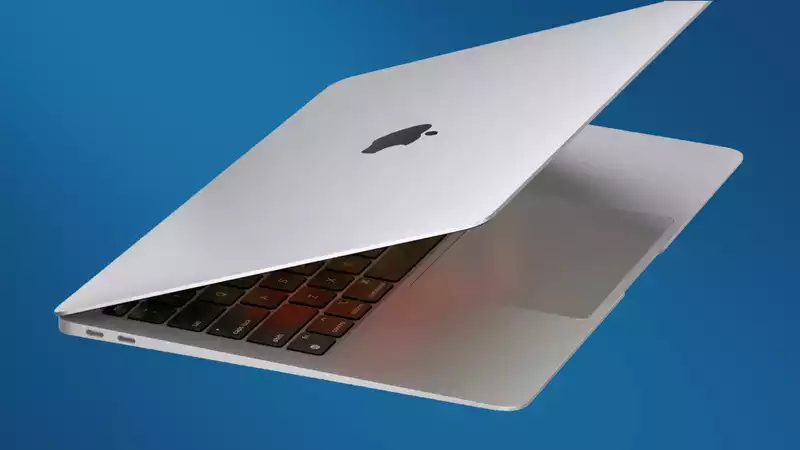Shortly before Apple announced the M1 chip and the Apple Silicon MacBook Air, benchmarks of the ARM-based chipset were leaked.
And they are quite impressive: the benchmarks discovered by MacRumors are for Geekbench 5 and show that the M1 in the upcoming new MacBook Air can deliver performance that will destroy most Intel laptops.
In the single-core Geekbench test, the M1-equipped MacBook Air recorded 1,687, and in the multi-core test, it scored a very high 7,433. Incidentally, the MacBook Pro 13-inch with the 10th generation Core i5 recorded 4,399. Not bad by any means, but far behind the M1.
So how does the M1 in the new MacBook Air compare to the new Windows laptops with Intel's latest Tiger Lake chips? In fact, the new Air beats them all.
We are currently testing the new Dell XPS 13 with the 11th generation Core i7-1165G7, which scores a Geekbench 5 of 1,521 in the single-core test and 5,319 in the multi-core. These are decent scores, but the MacBook Air M1 significantly outperforms it.
The MacBook Air M1 also significantly outperforms the Asus ZenBook Flip S, which scored 5,084 on the Geekbench multi-core test and is powered by the same chip as the Dell XPS 13.
Given that the M1 uses the same basic base architecture as the A14 Bionic chip found in the iPad Air 2020 and iPhone 12 models, it is not surprising that its single-core scores are faster than the A14 Bionic. For example, the iPhone 12 scored 1,595 in the single-core test/
However, the M1 jumps ahead in multi-core performance. the iPhone 12's A14 Bonic scored 3,880 in the multi-core test. the M1 has an 8-core CPU and the A14 Bionic has a 6-core CPU, this is not surprising given that the M1 has an 8-core CPU and the A14 Bonic has a 6-core CPU.
This is good news for those who use their MacBook Air or MacBook Pro laptops for intensive multitasking and use software that runs on multiple CPU cores simultaneously.
But synthetic benchmarks and actual performance are two different things. Apple makes bold claims about the M1's performance, but we need to test it ourselves across a wide range of tasks.
Adopting an ARM-based in-house chip means moving away from the x86 architecture to a RISC architecture that supports almost all chips in smartphones. Therefore, software originally configured to run on the x86 architecture must be compatible with RISC.
Apple claims that software tools such as Rosetta 2 will make it easier to run x86-based applications on the new M1. Again, we need to see for ourselves before we can judge what Cupertino's engineers have created.
But these early Geekbench 5 results promise impressive performance for the Apple Silicon MacBook Air. And that bodes well for the Apple Silicon MacBook Pro, which has the same M1 chip, but the Pro has a more powerful 8-core GPU and an active cooling system for better sustained performance.
The new MacBook Air starts at $999 and goes on sale November 17. The MacBook Pro with M11 chip will also be available on the same day, starting at $1,299.










Comments